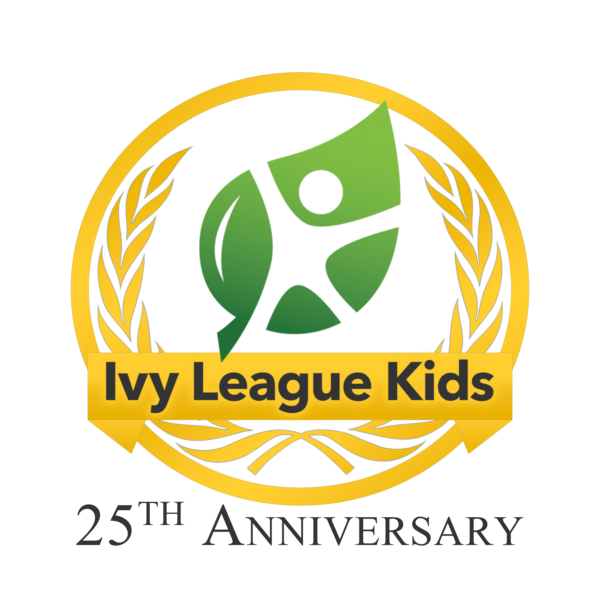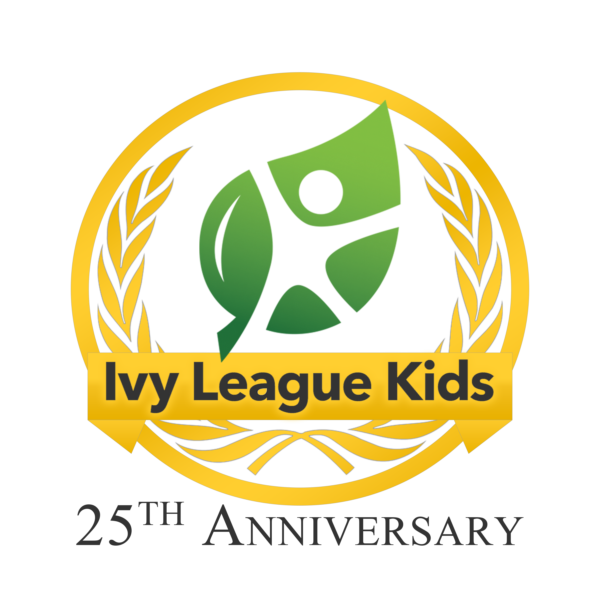
Building Leaders from the Bottom Up: Ideas for Youth Organizations
Youth organizations play a critical role in building young leaders and channeling their energy in positive directions. When youth organizations set out to cultivate leadership skills in young people, they’re raising youth who don’t just want to do the right thing, but who do the hard thing — regardless of how many obstacles stand in their way.
Not only does fostering youth leadership help change the world in big ways, but it helps change the lives of young people, too. Regardless of what a child’s future holds, leadership helps them develop confidence in themselves as well as the skills to succeed in school, relationships, and their future career.
Ivy League Kids takes an active interest in developing tomorrow’s leaders. These ideas can help teach young people what it means to lead.
Character Traits Every Future Leader Needs
Leadership doesn’t start with taking charge. Rather, it begins with personal development. So when youth organizations want to grow leaders, it’s imperative that they start by focusing on the individual. Taskque points to certain essential character traits to develop in every leader, regardless of age.
- The courage to execute is key for leaders. Children don’t have to be natural leaders as long as they’re willing to step out of their comfort zone and overcome their fears.
- Leaders also have to be vigilant — or constantly examining and adapting their approach to achieve results. Encourage youth to reflect on their decisions and consider what they could do better.
- Integrity is difficult to teach, but it’s arguably the most important character trait for any leader. Organizations can develop integrity in youth by setting clear expectations and holding youth accountable.
Developing the Skills of Leadership
Leadership is a mindset, but it also takes practical skills to accomplish things within organizations. These are the management skills to cultivate in youth if you want to develop young people who not only have a vision, but the strategy to accomplish it too.
- Planning and strategy includes skills like brainstorming, critical thinking, problem solving, and conflict resolution.
- Good communication is about more than public speaking. Youth organizations should cultivate communication skills like active listening, relationship-building, and negotiation in young people.
- The key to getting things done, organizational skills encompass things like goal setting, project management, and time management.
- If you’re thinking of taking your personal leadership capabilities to the next level, online courses can be the key.
Youth Leadership Development Activities
It’s also important to give youth a chance to develop leadership skills organically within your organization. Adapted from corporate leadership development, Forbes notes these three activities encourage young people to exercise their leadership muscle.
- Vision boarding is a fun and kid-friendly way to get youth dreaming big. Have participants create individual vision boards as well as a vision board for the organization.
- Social giving gets young people thinking about the world beyond your organization’s walls. Give the youth in your organization a giving budget and let them work together to decide how to allocate their donation.
- Team sports are another great way to encourage cooperation and sportsmanship. Organized sports activitiesare a boon, but even informal pick-up games give youth an opportunity to bond.
Service Learning Opportunities for Youth
Youth activities help young people learn how to lead in a community of their peers, but do the youth in your organization know how to work with people who are different from themselves? Service learning and volunteerism teach empathy and open-mindedness to young people. Here’s how youth organizations can make the most of service learning opportunities.
- You don’t have to go far to find diversity. From volunteering at a soup kitchen or doing yard work for senior citizens, seeking local opportunities can open young people’s eyes to different worlds.
- Whether traveling abroad or closer to home, service learning is more impactful both on the people providing the service and those receiving it when you build long-term relationships.
- Ask youth to compile a video or report on a service learning project. Documenting their experienceencourages young people to reflect on what they’ve learned.
Are you ready to start building the next generation of leaders? Implement these leadership development ideas in your youth organization and it won’t be long until you’re raising young people who are prepared to change the world!
Connect with Ivy League Kids for more ideas, information, activities and events that can help your youngster blossom!

